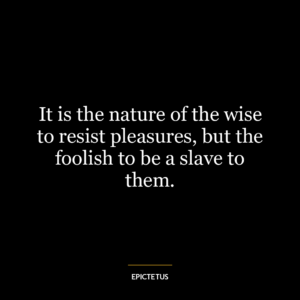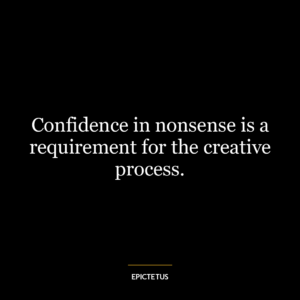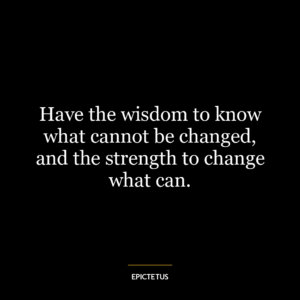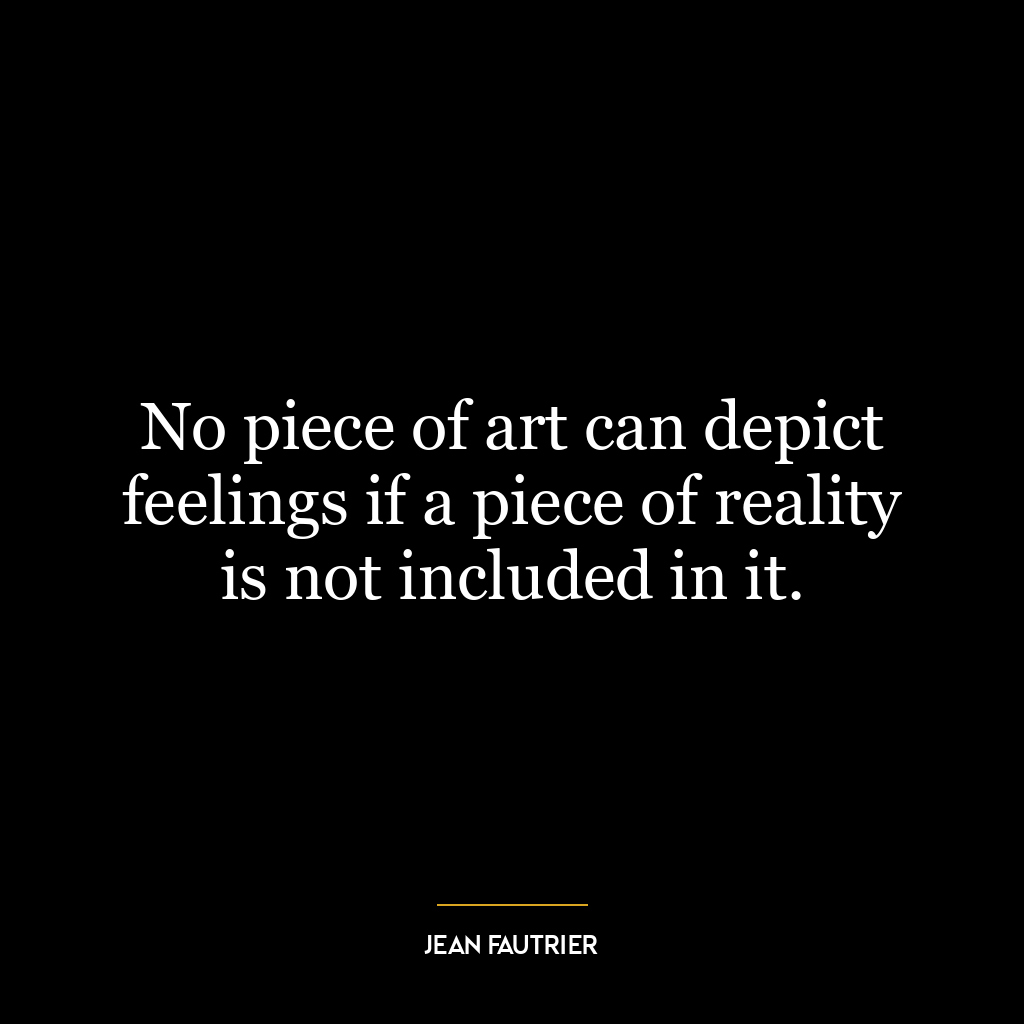This quote emphasizes the power of perception and the subjective experience of reality. It suggests that our thoughts and beliefs about the world can have a greater impact on our lives than the actual state of the world. It’s not the objective reality that matters most, but rather our subjective interpretation of that reality.
In other words, two individuals can experience the same event but perceive it in entirely different ways. For example, losing a job can be seen as a devastating setback or an exciting opportunity for change, depending on one’s perspective. The event itself doesn’t change, but the way it is perceived can drastically affect one’s emotional response and subsequent actions.
This concept can be applied in today’s world in numerous ways. In the context of social and political issues, it highlights the importance of understanding different perspectives. People often have different perceptions of the same issue, and understanding these perceptions can help to bridge divides and foster dialogue.
In the realm of personal development, this idea underscores the power of mindset. By shifting our perceptions, we can change our emotional reactions and behaviors. For example, viewing challenges as opportunities for growth rather than as threats can help us to approach difficulties with a more positive and proactive mindset.
Moreover, in the context of mental health, this quote can be seen as highlighting the role of cognitive distortions in conditions like depression and anxiety. These are irrational or exaggerated thoughts that can skew our perception of reality and contribute to mental health issues. Cognitive Behavioral Therapy, a common form of treatment, often involves identifying and challenging these distortions to change the way patients perceive their experiences.
Overall, the quote suggests that our thoughts and perceptions play a crucial role in shaping our experience of the world. By becoming more aware of these perceptions and challenging them when necessary, we can potentially change our emotional responses and behaviors, leading to a more fulfilling and balanced life.















